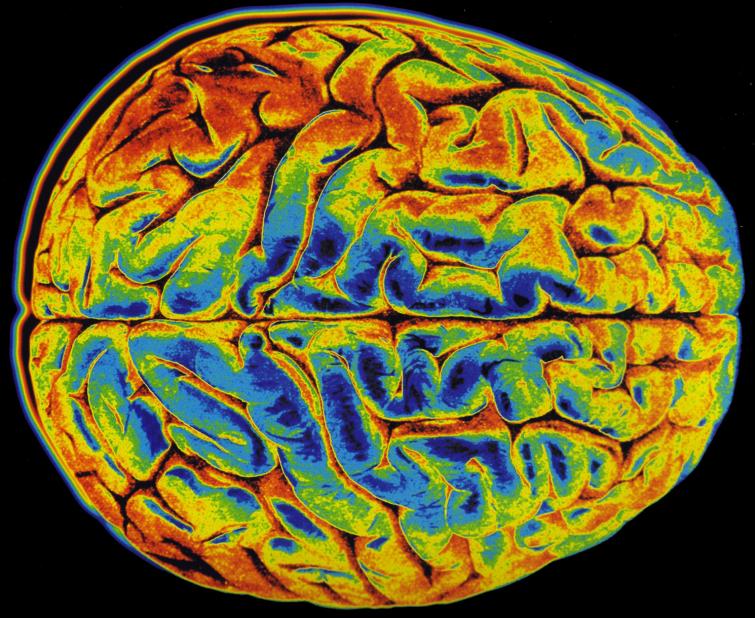
March 10, 2017
Bulletin interne de l'Institut Pasteur


2017 Brain Awareness Week – What's on at the Institut Pasteur – Special feature on repairing the brain
In connection with the international Brain Awareness Week, the Institut Pasteur is organizing a public lecture and debate on "Neuroscience and transhumanism - Repairing brains, enhancing brains" on its Paris campus on March 18, 2017, at 2pm, CIS.
The rapid progress we are currently witnessing in science is changing our day-to-day lives. The continued development and increasing power of new technologies in the fields of biology, artificial intelligence and neuroscience are now raising the tangible prospect of being able to repair neurological dysfunction and restore independence for patients suffering from severe central nervous system impairments. But these encouraging breakthroughs in reparative medicine inevitably also harbor the more troublesome prospect of a medical approach that seeks human enhancement, summed up by the term "transhumanism", a concept that looks at the future of humankind from a new perspective.
The speakers at this lecture and debate will be:
-
Jean-Pierre Bourgeois, a neurobiologist at the Institut Pasteur
-
Didier Coeurnelle, Vice-Chairman of AFT-Technoprog (the French Transhumanist Association)
-
Pierre-Marie Lledo, a neurobiologist and Director of the Department of Neuroscience at the Institut Pasteur
-
Alexandre Maurer (Technoprog)
-
Jacques Testart, a French biologist (birth of the first test-tube baby in France in 1982) and Honorary Chairman of the French Citizen Science Association
-
Serge Tisseron, a psychiatrist and psychoanalyst and member of the National Academy of Technologies of France
This event will be coordinated by Jean-François Chambon, Vice-President Communications and Fundraising at the Institut Pasteur.
The event is open to all but prior registration is required; please contact Gilles Gheusi at ggheusi@gmail.com.
In the run-up to this event, and to continue improving knowledge about the brain, you will find a special feature in the Research Journal on the pasteur.fr website. Although the workings of the brain are still shrouded in mystery, scientists are now able to study it with increasing precision, and some are even identifying avenues for research that might one day enable us to repair brain lesions. This special feature looks at the latest research.